Sérgio Zimba – “My cartoons aren’t just for laughing”
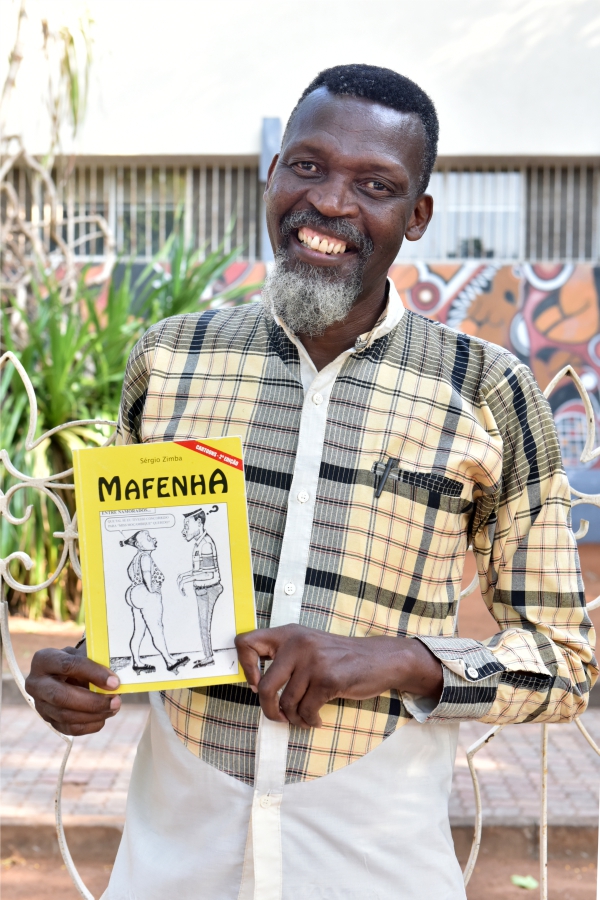
It is well known, and perhaps even a cliché, that Sérgio Zimba is one of the greatest, if not the most acclaimed cartoonist in Mozambique. However, over time this fact has been confirmed by the regularity of his production and his ability to continue making Mozambicans smile and think, in the local way of expressing oneself.
With a career spanning over 40 years, Sérgio Salvador Domingos Zimba, born in the village of Ressano Garcia, between the mountains that separate Mozambique from South Africa, developed his passion for stories from childhood, the experiences of that time, the location and environment where he grew up, and his love of reading.
Despite circumstances where access to books was unlikely, Zimba turned to magazines and comic books, such as “Uncle Scrooge” as he himself cites. “I always liked to read. That’s why I have the ability to not only draw but also write the texts.”
His habit and practice of reading are one of the most important keys to his success. Zimba devoured novels with the desire to be a character or… author. In today’s terms, he considers himself accomplished. He is now an author and, as he says, sometimes a character in his “mafenhas”, using the title of his first book.
The cartoons, characters, and landscapes that he portrays come naturally to him, and he finds divine justification for this talent. “I have a natural gift for drawing and a sense of humour. On the other hand, I like to write and am always taking notes on things. These two abilities allow me to create cartoons.”
He may be a special case in Mozambique as he is linked to the news organization that launched him. He joined Sociedade Notícias because of his aptitude for the graphics field, but soon his “karma” pulled him towards publishing cartoons in the weekly newspaper domingo. It was there that he revealed himself and created a legion of fans.
For almost 40 years, he published cartoons religiously. He became an extension of the news, due to the attention he gave to the drama and events of Mozambicans, including those reported in the newspaper: corruption, nepotism, the dilemmas of life in the neighbourhoods of Maputo, and the most famous satire involving Mozambican workers in South Africa.
Being a narrator of real stories, but with the genius of simplicity and drawing that exaggerates what the eyes see in everyday life, has generated an impact that cannot be measured. He recalls receiving comments from people who identified with the situations he depicted. All of this generated a bond with his readers.
“I took my cartoons more seriously and published the books that everyone knows. I have about eleven published books. Now there is a twelfth one in the works.”
Sérgio Zimba refuses to be seen solely as a humorist. His goal was never just to make people laugh, but rather to build a narrative through the unusual, and it is that narrative that elicits the spontaneous reaction of his admirers: to laugh and take a pause to look at life’s problems without thinking that it is the end of the world.
“My cartoons aren’t just for laughing; there is always a message that can serve to correct an anomalous situation in society.”
For someone who spent much of his life eliciting the most unusual reactions from children and adults, looking at time and events is crucial. Zimba still looks at his time and sees that there are still many stories to tell. He continues to be active and attentive, making his cartoons accessible to new generations. But he also thinks about his legacy. “More value could be given to the artistic work as a whole. If I got this far by staying active, it’s because I’m stubborn. I know that all people like cartoons, we have to find ways to make cartoons reach people.”
If I got this far by staying active, it’s because I’m stubborn.
Edição 79 Maio/Junho| Download.






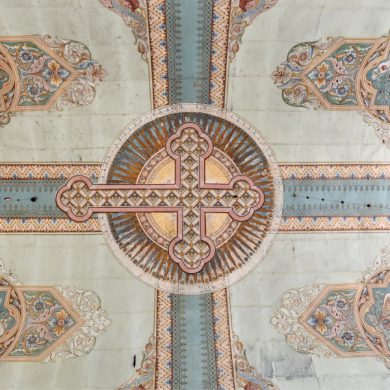
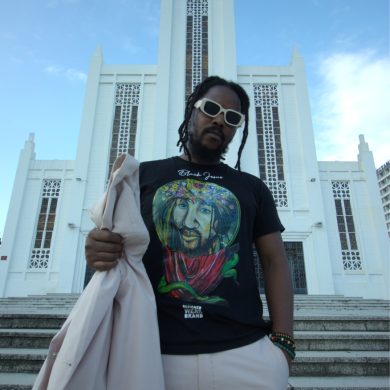














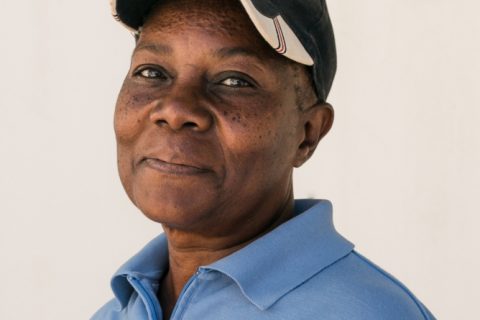
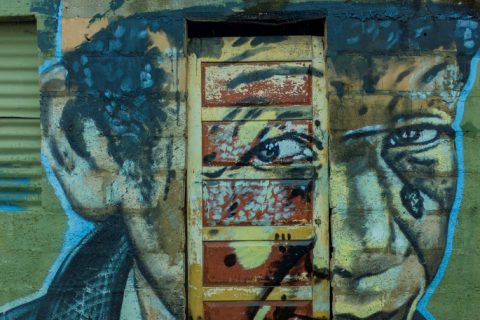





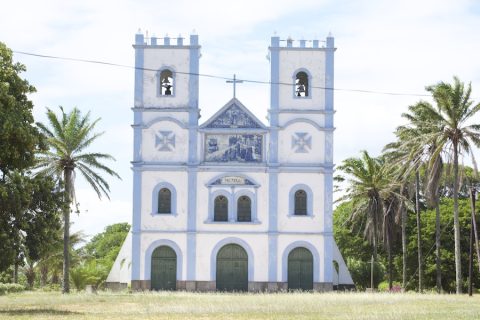
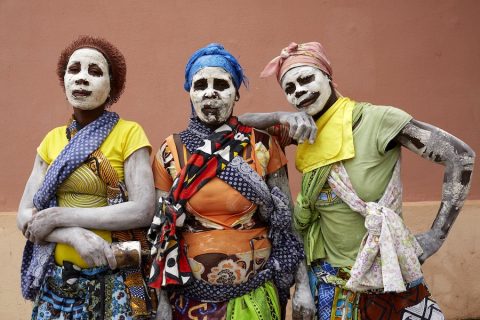



0 Comments